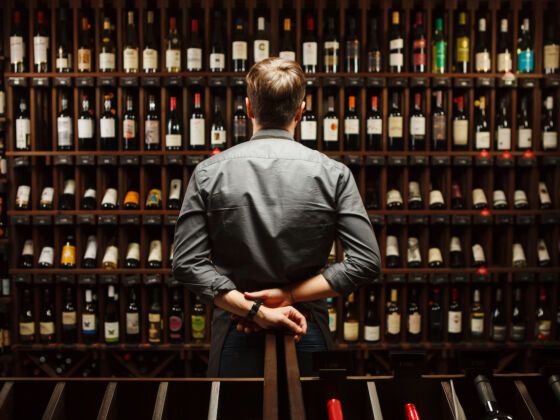1. Because who doesn’t like “macht fröhlich”?
I asked an older gentleman working at the Niederwald Chairlift in Assmanhausen about his preference for German wine over beer. He patted the back of his head while he thought for moment and smiled.
“Bier trinken macht aggressiv und Wein trinken macht fröhlich!”
Basically he saw beer drinking as a more aggressive pastime or something you do after a bad day. Wine, however, is about having fun and being “merry.” And as a man who splits his time between his native Bavarian home and Rudesheim, I’m inclined to trust his judgement.
